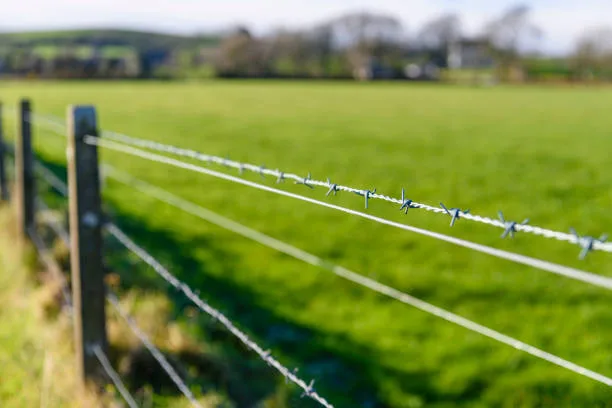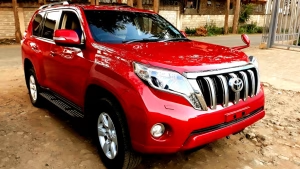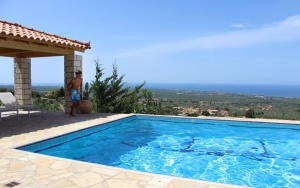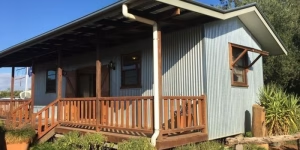Curious about the cost of fencing materials in Kenya? Explore our detailed guide to discover price ranges, types of fencing, and factors influencing costs for an affordable and durable fence.
Introduction
Fencing is an essential investment for securing properties, marking boundaries, and enhancing aesthetic appeal. In Kenya, the cost of fencing materials varies widely depending on factors such as material type, quality, and location. Whether you’re planning to secure a small garden or a large plot, understanding the costs involved can help you make informed decisions. This article delves into the cost of fencing materials in Kenya, exploring the options available, their prices, and the factors that influence these costs.
Overview of Fencing Materials in Kenya
Fencing materials in Kenya come in diverse forms, including wire mesh, chain link, concrete posts, wooden planks, barbed wire, and live fences. Each option serves different needs and budgets, allowing property owners to choose materials that align with their security and aesthetic requirements. Below is a breakdown of the commonly used fencing materials.
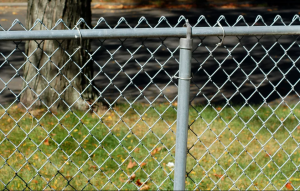
Common Fencing Materials
- Chain Link Fencing
- Popular for residential and commercial properties.
- Durable and offers moderate security.
- Price range: Ksh 150 – Ksh 500 per meter, depending on gauge and quality.
- Barbed Wire
- Widely used for agricultural and rural properties.
- Cost-effective and easy to install.
- Price range: Ksh 100 – Ksh 200 per roll (50 meters).
- Wire Mesh
- Offers higher security and is used in industrial setups.
- Price range: Ksh 250 – Ksh 700 per meter, depending on mesh type and quality.
- Concrete Posts
- Durable and low-maintenance.
- Commonly paired with chain link or wire mesh fencing.
- Price range: Ksh 300 – Ksh 600 per post, depending on size and reinforcement.
- Wooden Fencing
- Aesthetic and ideal for gardens or ranches.
- Price range: Ksh 200 – Ksh 1,000 per meter, depending on wood type and design.
- Electric Fencing
- Provides maximum security.
- Installation cost starts from Ksh 1,500 per meter, excluding maintenance equipment costs.
- Live Fences (Hedges)
- Eco-friendly and cost-effective.
- Costs range from Ksh 50 – Ksh 300 per plant, depending on species.
Factors Influencing the Cost of Fencing Materials in Kenya
Several factors determine the cost of fencing materials in Kenya. Understanding these factors can help you budget effectively:
1. Material Type
The choice of material significantly impacts cost. For instance, barbed wire is cheaper compared to electric fencing or wooden planks.
2. Material Quality
High-quality materials, such as galvanized steel for chain links, cost more but are durable and resistant to weather conditions.
3. Length of Fence
The cost increases with the perimeter length of the property, as it determines the quantity of material required.
4. Labor Costs
Skilled labor for installing electric fencing or assembling concrete posts can be more expensive compared to simpler installations like barbed wire.
5. Location
Material and transport costs vary by location. Urban areas might have higher labor charges, while rural areas may incur higher transport costs due to distance.
6. Additional Features
Gates, decorative designs, or security enhancements can add to the overall cost.
Cost Comparison Table for Fencing Materials in Kenya
| Material | Price Range (Ksh) | Application |
|---|---|---|
| Chain Link | 150 – 500 per meter | Residential, Commercial |
| Barbed Wire | 100 – 200 per roll | Agricultural, Rural |
| Wire Mesh | 250 – 700 per meter | Industrial, High-Security |
| Concrete Posts | 300 – 600 per post | Durable Fencing Support |
| Wooden Fencing | 200 – 1,000 per meter | Aesthetic Gardens, Ranches |
| Electric Fencing | From 1,500 per meter | Maximum Security |
| Live Fences | 50 – 300 per plant | Eco-Friendly, Cost-Effective |
Why Invest in Quality Fencing?
- Security: Protects property from intruders.
- Durability: Reduces replacement costs over time.
- Aesthetic Value: Enhances property appearance.
- Increased Property Value: Secure and well-fenced properties attract higher resale prices.
Tips for Choosing the Right Fencing Material
- Assess your security needs and budget.
- Consider the climate and weather in your area.
- Compare costs from multiple suppliers.
- Factor in maintenance requirements for long-term savings.
Opinions from Kenyan Property Owners
Many property owners in Kenya emphasize the importance of choosing durable materials. According to a recent survey:
- 70% prefer chain link and concrete posts for durability.
- 20% opt for live fences for their eco-friendliness.
- 10% favor wooden fences for aesthetic appeal.
Pros and Cons of Different Fencing Materials
| Material | Pros | Cons |
|---|---|---|
| Chain Link | Affordable, Durable | Moderate security |
| Barbed Wire | Cheap, Easy to Install | Limited durability |
| Wire Mesh | High Security, Durable | Expensive |
| Concrete Posts | Long-lasting, Low-Maintenance | Higher upfront cost |
| Wooden Fencing | Beautiful, Customizable | Prone to decay, High cost |
| Electric Fencing | Maximum Security | High installation/maintenance |
| Live Fences | Eco-Friendly, Affordable | Takes time to mature |
Final Thoughts on Cost of Fencing Materials in Kenya
Fencing materials in Kenya vary in price, quality, and purpose. From cost-effective barbed wire to high-security electric fences, there’s an option for every need and budget. By understanding the costs and factors influencing them, you can plan your fencing project efficiently. Always compare prices from suppliers, factor in labor, and prioritize durability to get the best value for your investment.
Related: Electric Fence Installation Prices in Kenya
FAQs on Cost of Fencing Materials in Kenya
1. What is the cheapest fencing material in Kenya?
Barbed wire is the most affordable option, costing Ksh 100 – Ksh 200 per roll.
2. How much does it cost to install an electric fence in Kenya?
Installation costs for electric fences start from Ksh 1,500 per meter, depending on the system’s complexity.
3. What is the best fencing material for farms?
Barbed wire and live fences are commonly used for farms due to their affordability and functionality.
4. Where can I buy fencing materials in Kenya?
Fencing materials are available in hardware stores, construction supply shops, and online platforms like Jumia and local suppliers.
5. How long do concrete posts last?
Concrete posts can last over 20 years with minimal maintenance.

